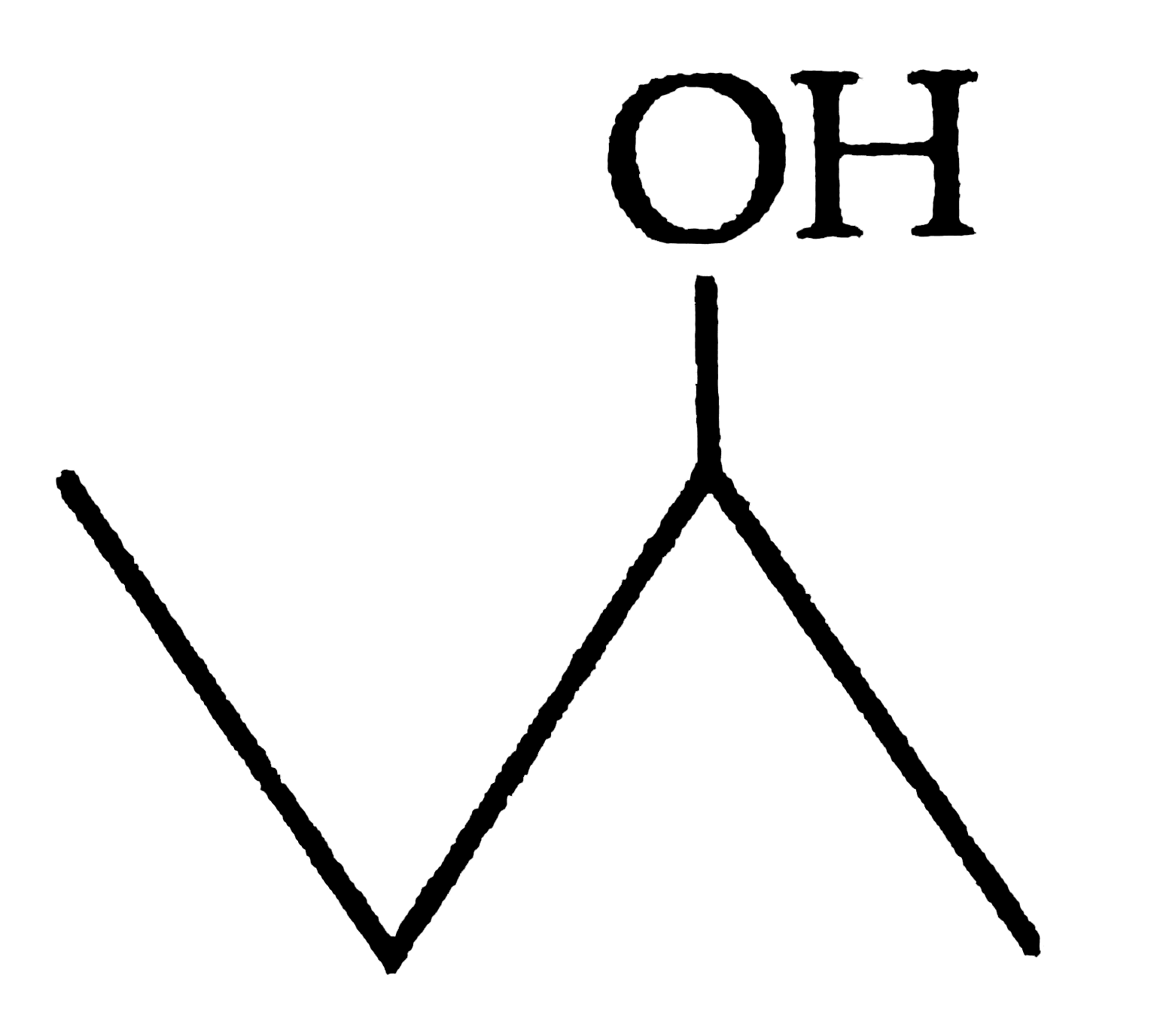An alkane A on ozobolysis yields acetone and an aldeyde. The aldehyde is easily oxidised to an acid B. When B is treated with bromine in presence of yields a compound C which on hydrolysis gives a hydroxyle acid D. This acid can also be obatined from acetone by the reaction with hydrogen cyanide followed by hydrolysis. Identify the compounds A, B C and D.
Step by step video, text & image solution for An alkane A on ozobolysis yields acetone and an aldeyde. The aldehyde is easily oxidised to an acid B. When B is treated with bromine in presence of yields a compound C which on hydrolysis gives a hydroxyle acid D. This acid can also be obatined from acetone by the reaction with hydrogen cyanide followed by hydrolysis. Identify the compounds A, B C and D. by Chemistry experts to help you in doubts & scoring excellent marks in Class 12 exams.
Updated on:21/07/2023Topper's Solved these Questions
- ALDEHYDES AND KETONESBook:IIT-JEE PREVIOUS YEAR (CHEMISTRY)Chapter:ALDEHYDES AND KETONESExercise:Integer Answere Type Questions
Explore 1 Video
- ALCOHOLS AND ETHERSBook:IIT-JEE PREVIOUS YEAR (CHEMISTRY)Chapter:ALCOHOLS AND ETHERSExercise:Test
Explore 5 Videos
- ALIPHATIC COMPOUNDS CONTAINING NITROGENBook:IIT-JEE PREVIOUS YEAR (CHEMISTRY)Chapter:ALIPHATIC COMPOUNDS CONTAINING NITROGENExercise:chpter test
Explore 1 Video
Similar Questions
An alkene (A) on ozonolysis yields acetone and an aldehyde . The aldehyde is easily oxidized to an acid (B) . When (B) is treated with phosphours and bromine . It yields a compound (C) which on hydrolysis gives a hydroysis acid (D) .This also be obtained form acetone form acetone by reaction with HCK followed by hydrolysis.
View SolutionTwo moles of organic compound 'A' on treatment with a strong base gives two compounds B and C. Compound 'B' on dehydrogenation with Cu gives 'A' while acidification of 'C yields carboxylic acid 'D' having molecular formula of CH2O2. Identify the compounds A, B, C and D.
View Solution
Knowledge Check
Propyl lithium reacts with ethene to give a compound (A), which on reaction with methanal followed by acidic hydrolysis gives compound (B). The compound (B) is :
AHeptan−1−olBHeptan−2−olCHexan−1−olDHexan−2−olCompound A an hydrohalogenation gives B, which is treated with alc. KCN and followed by acid hydrolysis gives 2- methyl butanoic acid.
The compound A will beA B
B C
C D
D
A carbonyl compound reacts with hydrogen cyanide to form cyanohydrin which on hydrolysis forms a recemic mixrture of α-hydroxy acid. The carbonyl compound D.
Adiethyl ketoneBformaldehydeCacetaldehydeDacetone
A compound (A) of boron reacts with Nme3 to give an adduct (B) which on hydrolysis gives a compound (C) and hydrogen gas. Compound (C) is an acid. Identify the compounds A,B and C. give the reactions inovolved.
View SolutionA compound A (C6H12O6) is oxidised by bromine water into monobasic acid. It also reduces Tollen's reagent and reacts with HCN to give a compound (B) which on hydrolysis gives a compound (C). On treating C with HI/red P, n-heptanoic acid is obtained. Compound A on treatment with excess phenyl hydrazine gave D-glucosazone. Name the compound A and draw its cyclic form.
View SolutionCalcium imide on hydrolysis will give gas (B) which on oxidation by beaching powder gives gas (C) gas (C) on reaction with magnesium give compound (D). (D) on hydrolysis gives gas (B). (B),(C) and (D) are
View SolutionAn organic compound having molecular formula C3H7 NO on hydrolysis gives carboxylic acid . Compound (A) on reaction with POCl3 gives cyanide. The structure of compound "A" is
View SolutionAn organic lactum (A) on acid hydrolysis produces an amino acid (B) which on treatment with HNO2 gave compound (C). Compound (C), when heated with conc. H3PO4 gives a lactone (D). The compound (A) can be synthesised from cyclopentanone with hydroxylamine followed by the treatment with conc. H2SO4.
The compound (B) in this reaction is
View Solution

